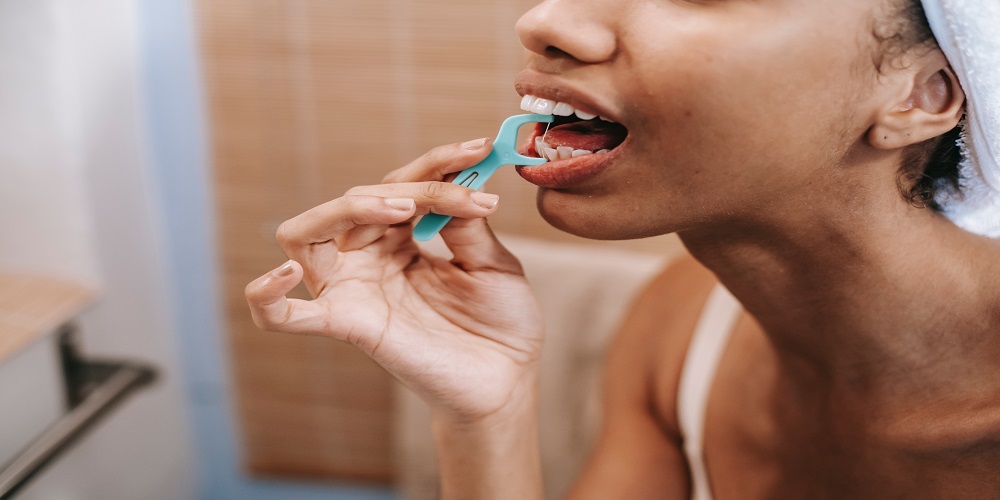Is Flossing Really Important for Your Oral Health?
Flossing is often forgotten or overlooked when maintaining good oral health. But not flossing can have serious consequences for your teeth and gums — which is why it’s so important to make sure this simple step isn’t skipped every night.
In this blog, we will discuss the importance of flossing your teeth, explain why it’s so important to your oral health, and provide some tips on ensuring you’re doing it correctly.

What is Flossing & Why Is It So Important?
Flossing is an integral part of good oral hygiene and a crucial step in promoting overall health. Unfortunately, many people do not understand the importance of flossing and why it should be done daily.
Since flossing provides such benefits for our teeth and gums, we must all make sure to add this crucial step to our daily dental hygiene routine.
Not only does it help reduce the risk of cavities or gum disease in the long run, but if done regularly just after eating – as recommended by dentists – then plaque won’t accumulate as much around those hard-to-reach spots, which could lead to other problems down the road.
The Benefits Of Flossing
Flossing helps remove food particles between teeth that would otherwise remain stuck there, leaving bacteria to form plaque and cause cavities or gum disease over time.
Additionally, regular flossing can help prevent bad breath by removing the odor-causing bacteria that build up in the gaps between our teeth.
Flossing can also make brushing more efficient because it loosens up food particles that may have been stuck in tight spots, making them easier to be brushed away quickly!
Tips For Flossing Correctly
If you want to get the most out of your nightly floss session, then here are some tips for doing it correctly:
- Use The Right Tool: Always use waxed dental tape rather than stringy floss – waxed tape is thicker and won’t slip between your fingers as easily; plus, it won’t fray as thin stringy types do after a few uses too!
- Rinse With Mouthwash Afterwards: Rinsing with mouthwash helps remove any plaque or food debris left after you’ve finished flossing, so always remember to do this too! We recommend using an antibacterial mouthwash as this will kill off any remaining bacteria before they have a chance to multiply and cause damage.
- Do It Last Thing At Night: To ensure maximum effectiveness, always aim to do your nightly floss right before bedtime, as this means there won’t be anything else coming into contact with your teeth until morning, giving them plenty of time (and no food!) overnight for all the benefits take full effect!
Verdict!
Overall, consistent daily flossing is essential for keeping our mouths healthy and free from cavities or gum disease.
Although many overlook its importance due to its simplicity, taking just 5 minutes at night can keep our pearly whites shining bright for years ahead!
Therefore, ensuring you follow proper techniques (by using waxed tapes, etc.) alongside rinses afterward should become habitual for anyone wanting their smiles to sparkle throughout this year.
It is also recommended to have a frequent checkup with family dentists as they will keep your oral health in check and diagnose any disease in its beginning and gets treated on time if there are any.

